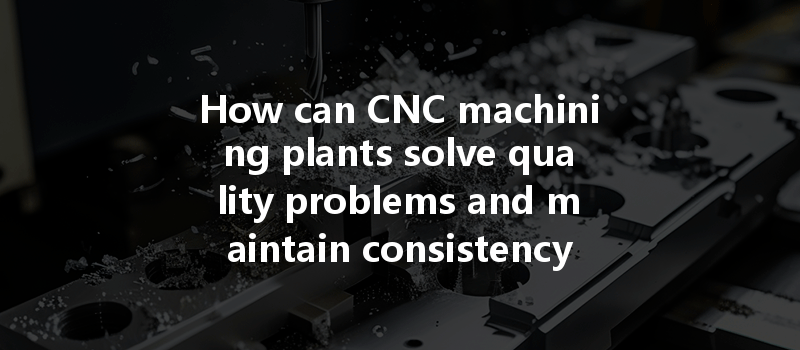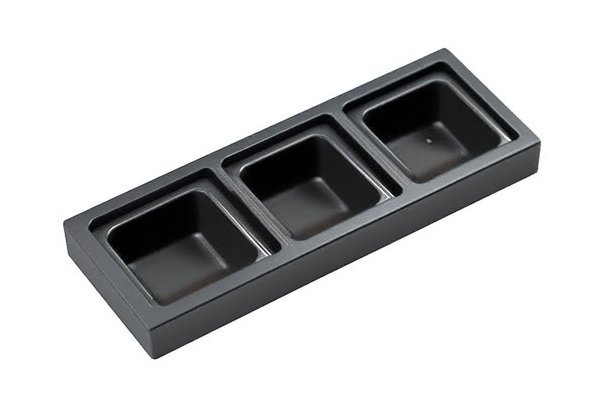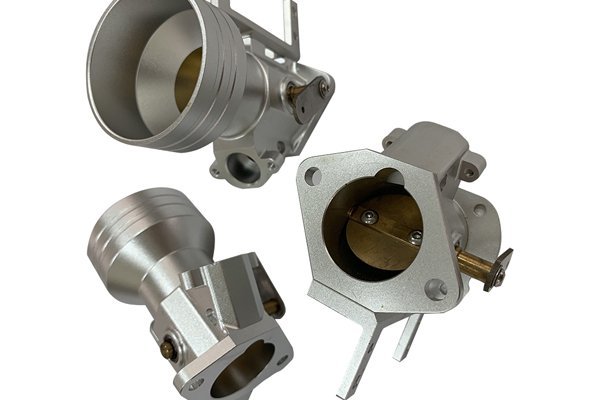Opening
Did you know that nearly 30% of manufacturing defects can be traced back to poor machining quality? In the world of CNC (Computer Numerical Control) machining, maintaining high quality and consistency is not just a goal—it’s an operational necessity. As industries evolve and demands for precision increase, CNC machining plants face the ongoing challenge of not only producing parts that meet strict specifications but also ensuring that every part produced is identical in quality. This blog delves into the innovative technologies and strategies CNC machining plants employ to resolve quality issues and maintain consistency throughout their production processes.
—
Understanding CNC Machining Quality Challenges
CNC machining represents a fusion of mechanical engineering, computer programming, and software technology. While CNC machining has transformed the manufacturing landscape through automation and efficiency, it has also introduced challenges that threaten product quality and consistency. Some major factors contributing to quality issues in CNC machining include:
Technological Solutions for Quality Issues
To tackle these challenges and ensure high-quality outcomes, CNC machining plants are adopting numerous advanced technologies and methodologies. Here are some notable solutions:
CNC machining begins with the selection of raw materials. Plants employ strict material quality checks to ensure that incoming materials meet the predefined specifications. This could involve:
Industry 4.0 has ushered in a new era of smart manufacturing where CNC machining plants utilize data analytics and IoT (Internet of Things) technologies to enhance quality control. This includes:

Investing in high-quality tooling is essential to maintaining CNC machining quality. Solutions include:
Quality control begins with skilled operators. CNC machining plants can enhance training programs by:
Routine maintenance schedules and calibration processes are essential to sustain machining precision over time. Plants can implement:
—
: Towards a Future of Consistent Quality
As the demand for precision and quality in CNC machining continues to rise, manufacturers must adapt to these challenges head-on. Through a combination of advanced technologies, strategic training, and rigorous quality control measures, CNC machining plants can effectively solve quality problems and maintain consistency across their production processes.
The initiatives outlined in this blog provide a robust framework for understanding the complexity of ensuring product quality in CNC machining. Key technologies such as smart manufacturing, precision tooling, and enhanced training programs are not just trends; they have become vital components in the quest for quality assurance in the manufacturing sector.
For business leaders and machine operators alike, this blog underscores the importance of a proactive approach to quality management. By investing in the right technologies and methodologies, CNC machining plants can not only meet but exceed customer expectations in quality and performance, reinforcing their competitive advantage in the ever-evolving manufacturing landscape.
Ultimately, as industries continue to advance, the focus on quality and consistency in CNC machining will remain crucial—a topic worthy of continuous discussion and innovation in the world of manufacturing.
—






